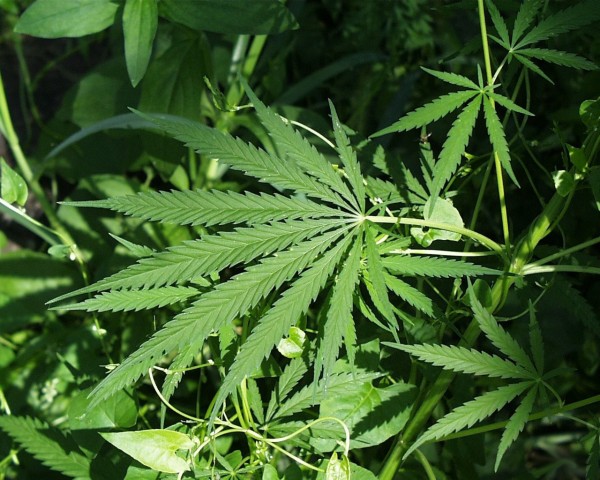In certain states, several independent studies found dangerous levels of pesticides in marijuana products. States that have legalized marijuana are struggling to get to grips with the issue of pesticides because the federal government still lists marijuana as an illegal Schedule 1 drug. This means that there is confusion as to which pesticides and what quantities of pesticides can be used, therefore the Environmental Protection Agency does not regulate pesticides when it comes to marijuana cultivation.
Growing marijuana privately is one thing, and if the plants become infested with bugs, it is an easy thing to simply remove them and start again. However, commercial farming of marijuana, or any other crop for that matter, is an expensive business and if there is a pest infestation, growers will spray in order to protect their investment and potential profits.
Reports of pesticide use for marijuana crops in various states
In Colorado, there were findings of illegally high levels of the neurotoxin imidacloprid in marijuana products. Imidacloprid is currently the most widely used insecticide in the world and the effects on mammals include dizziness, apathy, locomotor effects, labored breathing and more. Recently, a report by an independent lab led to a recall of 2,362 marijuana products due to unacceptable levels of insecticides. Marijuana businesses in Colorado are not required to conduct pesticide testing before products are marketed. Commercial marijuana farmers in CO are forced to grow marijuana indoors and crops have been severely damaged by microscopic insects known as russet mites. Inexperienced growers don’t even know that the plants are infested with this bug until it is almost too late. If grown outdoors, natural predator insects would be able to eat some of the russet mites and spraying on a larger scale would not be necessary.
In Denver, according to another report on pesticides found in marijuana products, “the level for one of the pesticides was six times the maximum amount allowed by the federal government on any food product — and 1,800 times the highest level Denver accepted when it quarantined marijuana plants earlier this year. The pesticides found were myclobutanil, imidacloprid and avermectin.”
In Oregon, another state that recently legalized marijuana, new rules will require marijuana products to be screened for 60 pesticides, by laboratories that have been accredited by the state.
Because of lack of regulation, it is up to buyers to be very careful where their pot comes from, and to check if the growers have had their products tested for potency and pesticides. Cultivated crops generally attract a variety of pests, and this is no different with marijuana crops. Obviously, using harsh chemical products to repel pests is going to be harmful to all concerned.
Sources:



